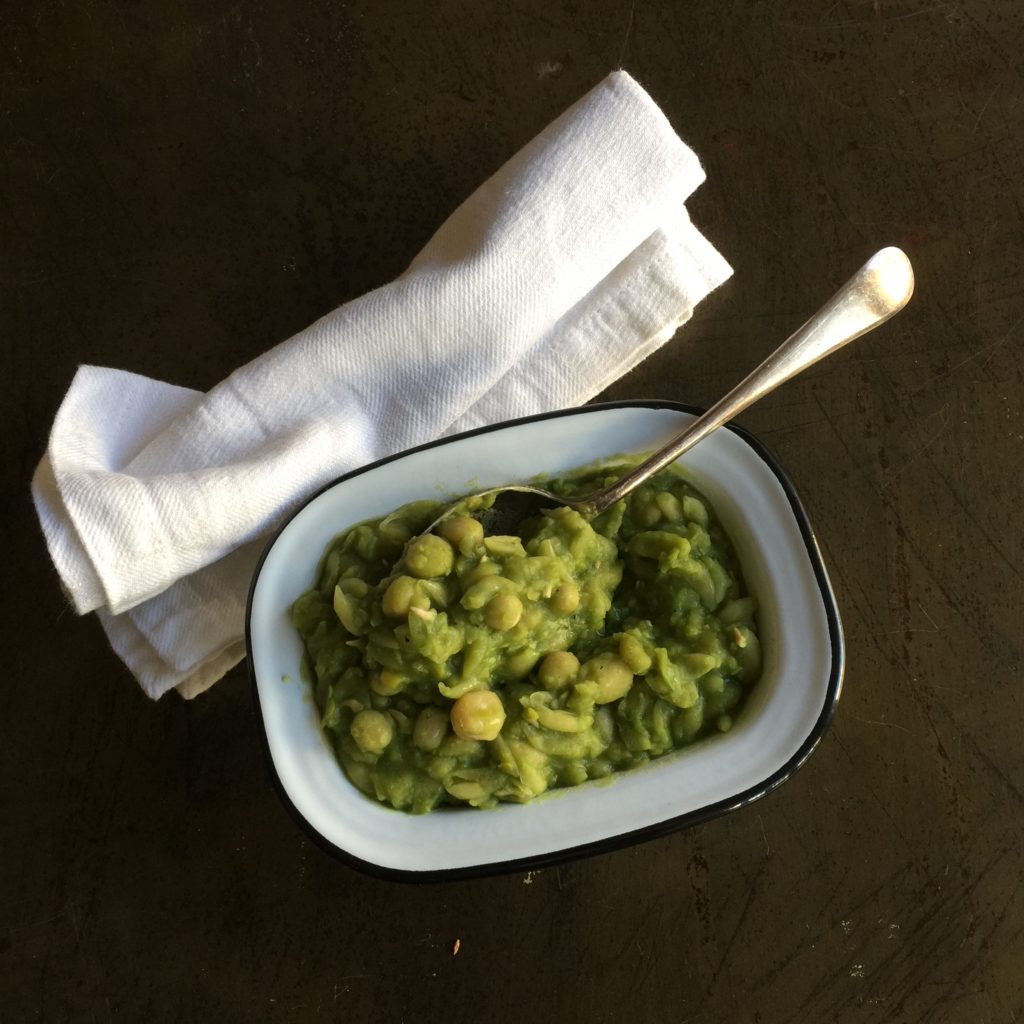As a much-loved dish, dal provides the starting point for a wider exploration of pulse dishes from cultures around the world and the benefits of pulses through four themes of flavour, nature, nurture and culture.
The festival seeks to open minds to the extraordinary diversity of pulses, their uses and benefits.

Flavour
From dal to mushy peas, pulses make delicious meals
Dal and its sister dishes around the world are nourishing and delicious pulse stews that transcend all cultures as the ideal comfort food. A reminder of home, endlessly adaptable and ultimately grounding; dal is always more than the sum of its parts. The simplest basic ingredients of pulses, water and spices create a meal that is muted, gentle and soothing or warm and earthy. It is food for the soul and nourishment for the body.

Culture
Dals and pulses are shared and enjoyed across the world
The Hindi word ‘dal’ refers to any split pulse but has come to encompass the myriad soupy dishes they feature in across the Indian subcontinent. Beans, peas, lentils and other pulses play a similar role in almost very global cuisine in dishes, from Mexican refried beans and Greek fava dip to British mushy peas. The British Dal Festival celebrates pulses dishes of every culture.

Nurture
Pulses feed & nourish over a billion people every day
Pulses are a rich, economical and sustainable source of nutrition and bring many health benefits. Beans, peas, lentils and other pulses are high in protein, fibre and other complex carbohydrates, providing sustaining slow-release energy, improving heart health and lowering cholesterol.

Nature
Pulses help combat climate change and increase biodiversity
Introducing pulses into farm crop rotations brings many environmental benefits. As leguminous plant all pulses fix atmospheric nitrogen, reducing the need for energy-intensive artificial fertilisers. They increase microbial activity in soils, increasing biodiversity and building resilience to soil stress. Pulses also require less water than other crops and many varieties are drought tolerant.
